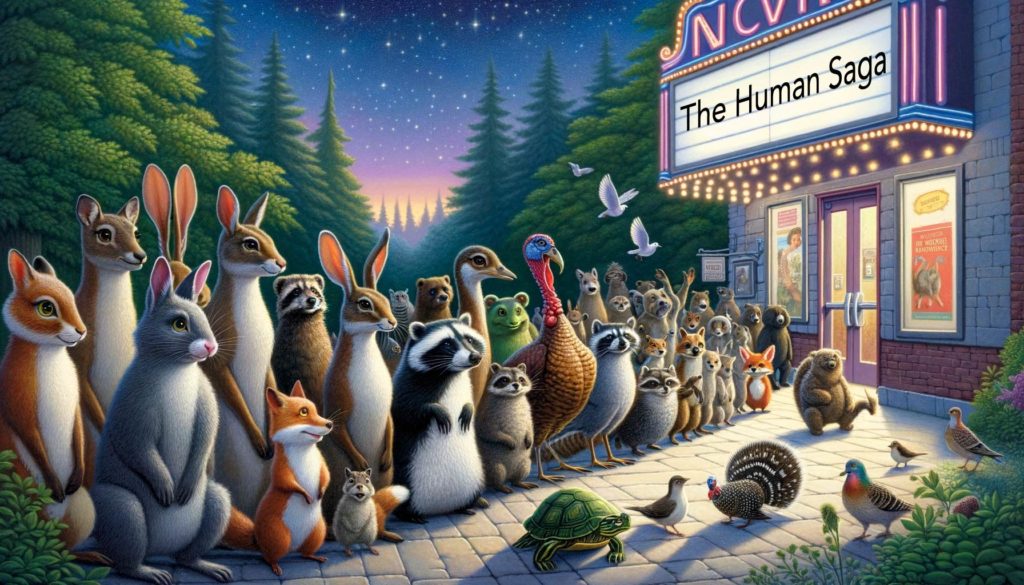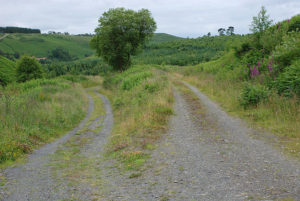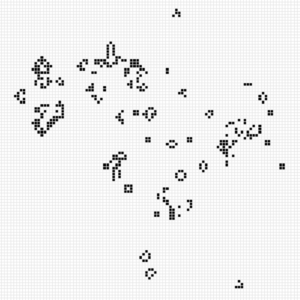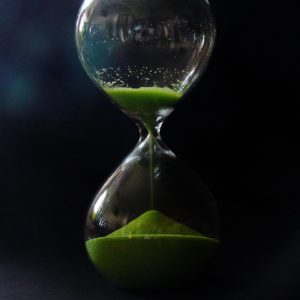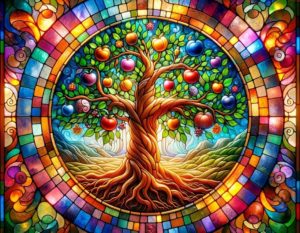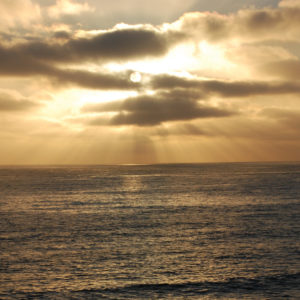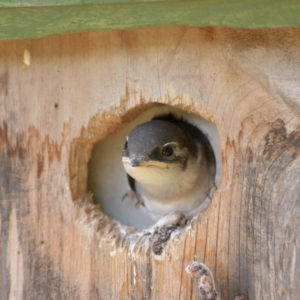
We all appreciate that human individuals progress through stages of cognitive development on the way to adulthood. A toddler is simply not equipped to run a country (hold your quips): the brain hasn’t fully developed. Infants love the game of peek-a-boo precisely because they have not yet cemented the idea of object permanence. Language capability improves over many years—decades, actually. Brains are not “fully” developed until the late twenties (yet assert mastery starting in the teen years).
But, what does “fully” developed mean? It means significant further development in structure or capability is not to be expected. Does it mean that brains reach some theoretical ultimate capability—no more improvements possible—or do they maybe stop short of perfection? Why would evolution produce anything substantially better than what provides sufficient selective advantage in an ecological context, in simultaneous consideration of all other organism attributes and the biodiverse and social environments in which they operate? The tangled difficulty of that sentence barely hints at the immense contextual complexity involved.
So, every last one of us ceases brain development well short of some notional limit. Does that stopping point cross the threshold of being able to master all knowledge or understanding about Life, the Universe, and Everything? Of course not. Evidence abounds. So, we will never comprehend it all, given our limited meat-brains.
All this echoes things I’ve said before. What’s new in this post is what I hope will be a helpful analogy to how adults present ideas to children possessing less-developed brains—thus the Nursery Rhyme title. Since adult human brains also stop short of “full” development, how might we expect our imperfect brains to interact with what we can’t fully understand? We encounter this conundrum all the time in giving “sufficient” accounts to children that are effective, even if they must be over-simplified or distorted to get the point across. So, how would a hypothetical species possessing far more wisdom explain the incomprehensible to us, as if we were children to them?
Continue readingViews: 3892

